
Welcome to homeschooling
I'm not a teacher! Can I still homeschool?
Plenty of homeschool parents don't hold teaching credentials and still create an enriching, holistic learning experience. Learn how to do...
Create extraordinary, everyday learning as a busy parent
You may hear the word "opportunities" used often when people speak about homeschooling, but what does that really mean? Explore...
Planning homeschool with a busy schedule
What does a homeschool schedule look like when you're a busy parent? Well, however you'd like it to! Explore what...
Can I really homeschool as a working parent?
What does it really take to homeschool as a parent who works too? Embrace flexibility and assemble your resources, then...
Second chance homeschooling: Make your fresh, best start!
Give homeschooling a fresh start with proven tips and resources. Explore second‑chance strategies to regain confidence, structure, and success in...
Free guide: Homeschool your child with special needs
Interested in homeschooling your kid with special needs? Get your free guide to learn key benefits and how to get...
Can a homeschool program accomplish my kid’s IEP or 504 goals?
Q: Hi, I'm feeling really overwhelmed and uncertain about my child's education. They have an IEP and things just aren't...
Can a homeschool program accomplish my child’s IEP or 504 goals?
Homeschooling tailored to an IEP or 504 plan enables you to prioritize your child's unique needs. Discover practical tips, tools,...
Does homeschooling work for kids with special needs?
Discover how homeschooling can offer a tailored and enriching learning experience for children with special needs and gain valuable tips...
Explore more
Lessons that grow with them
Elementary
Middle School
High School
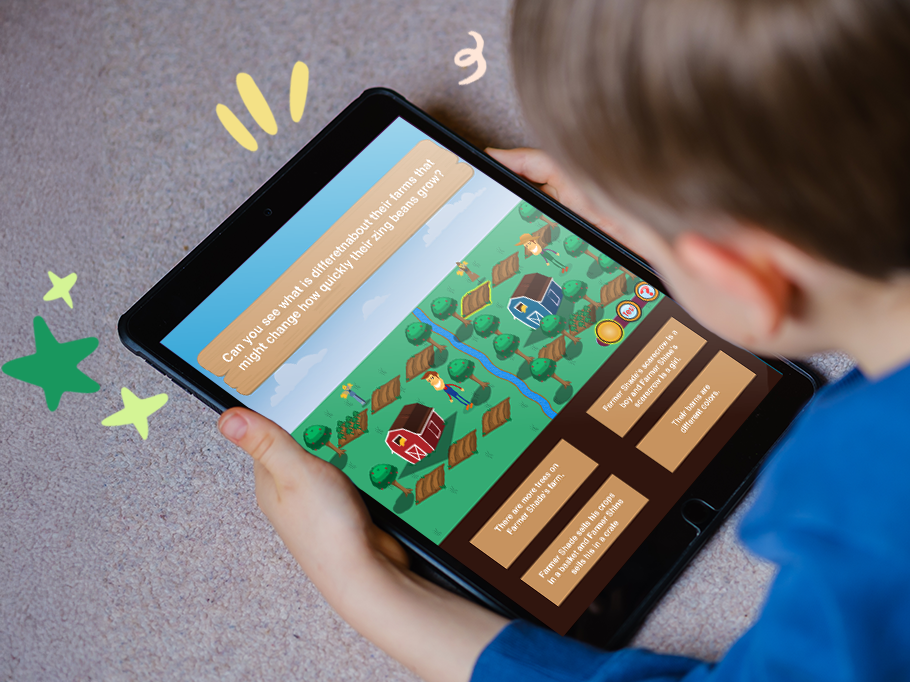
Preschool Curriculum
$29.95 / Month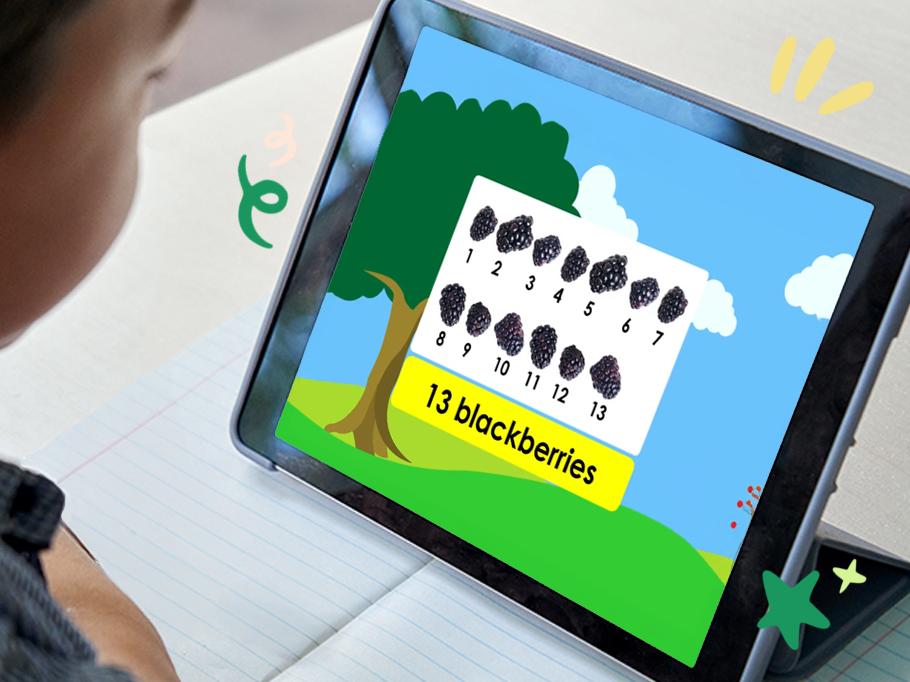
Kindergarten Curriculum
$29.95 / Month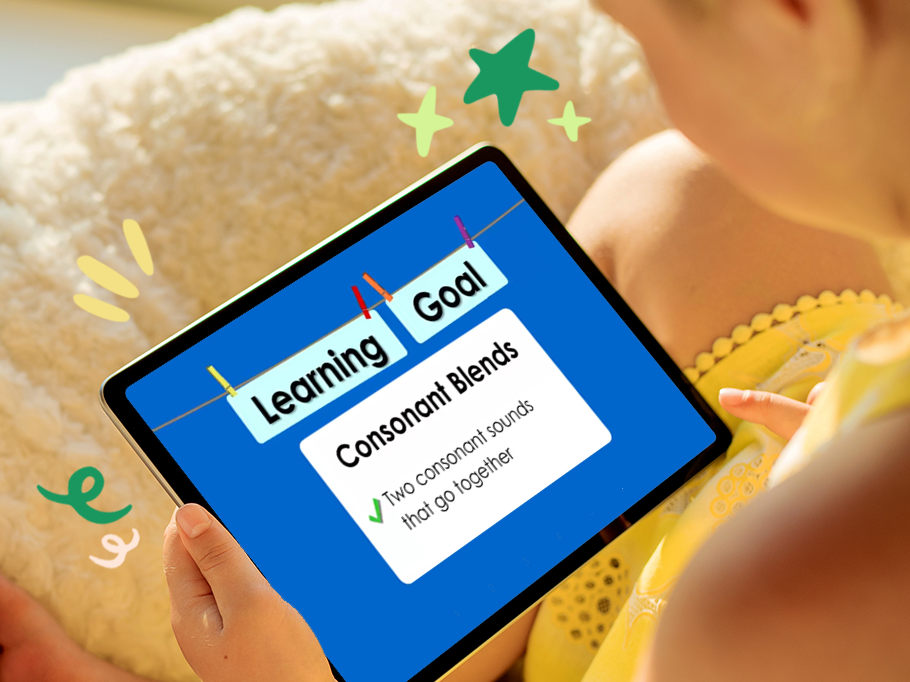
First Grade Curriculum
$29.95 / Month
Second Grade Curriculum
$29.95 / Month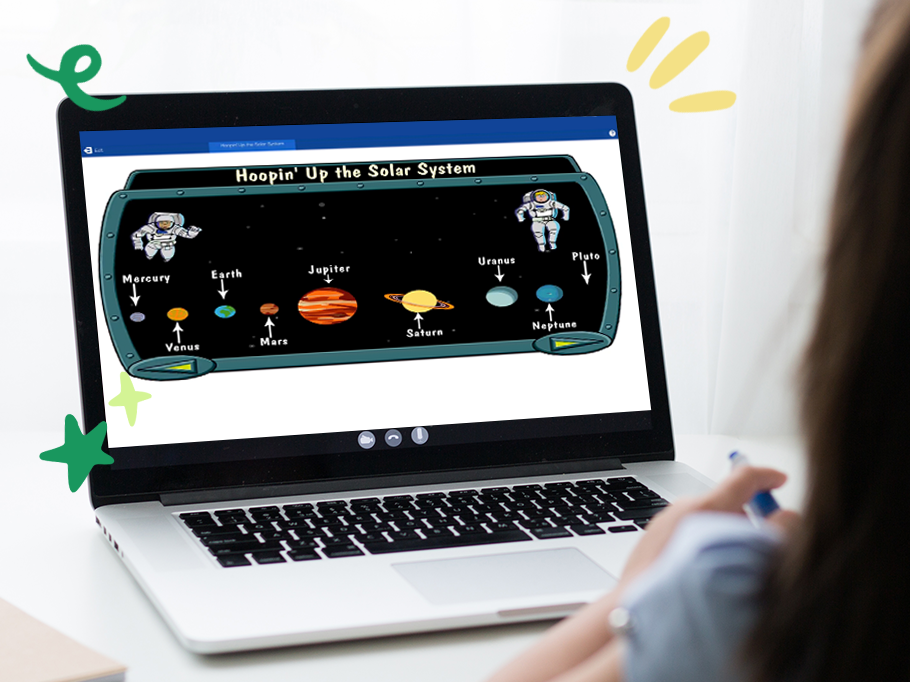
Third Grade Curriculum
$29.95 / Month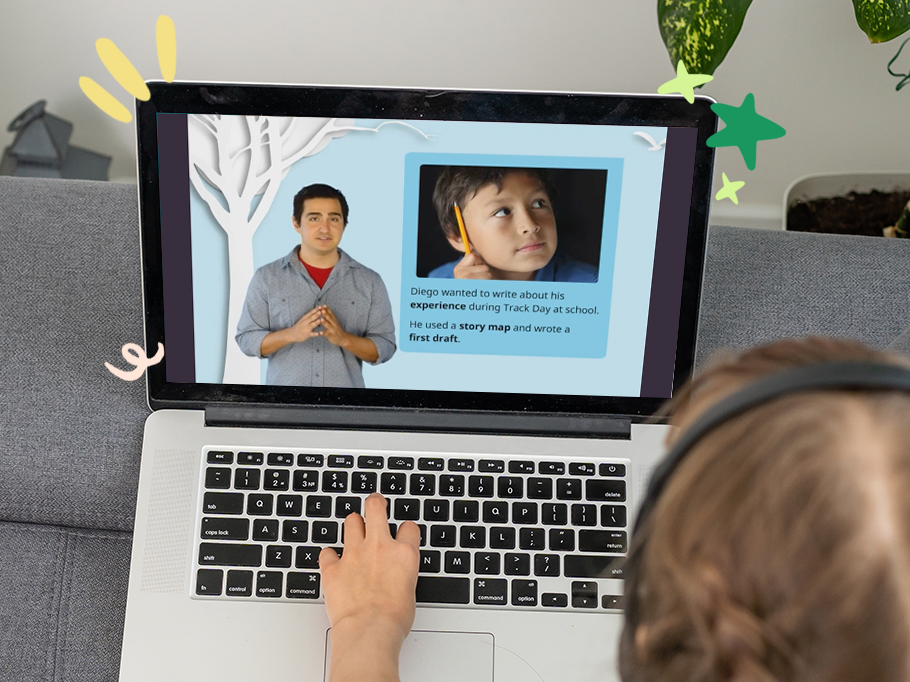
Fourth Grade Curriculum
$29.95 / Month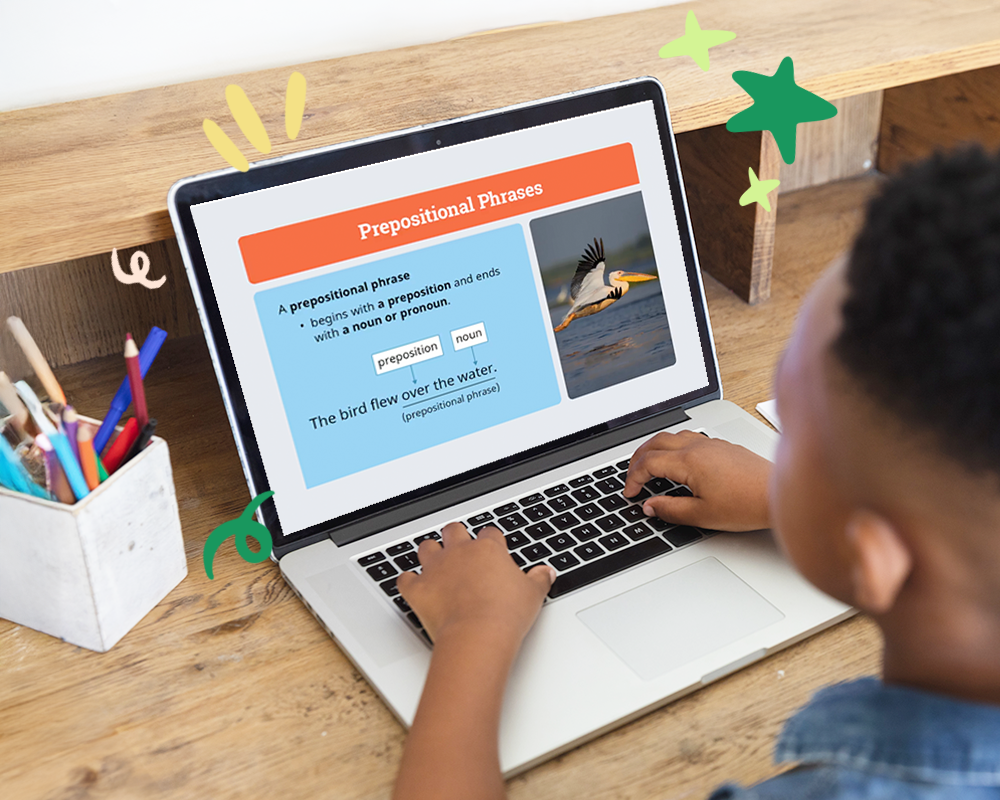
Fifth Grade Curriculum
$29.95 / Month
Sixth Grade Curriculum
$39.95 / Month
Seventh Grade Curriculum
$39.95 / Month
Eighth Grade Curriculum
$39.95 / Month
Ninth Grade Curriculum
$39.95 / Month
Tenth Grade Curriculum
$39.95 / Month
Eleventh Grade Curriculum
$39.95 / Month
Twelfth Grade Curriculum
$39.95 / Month


